Despite what FromSoft fans argue, Soulsborne games could be a heck of a lot easier without compromise, as these smaller-scoped Souls-inspired games prove!
Quick View
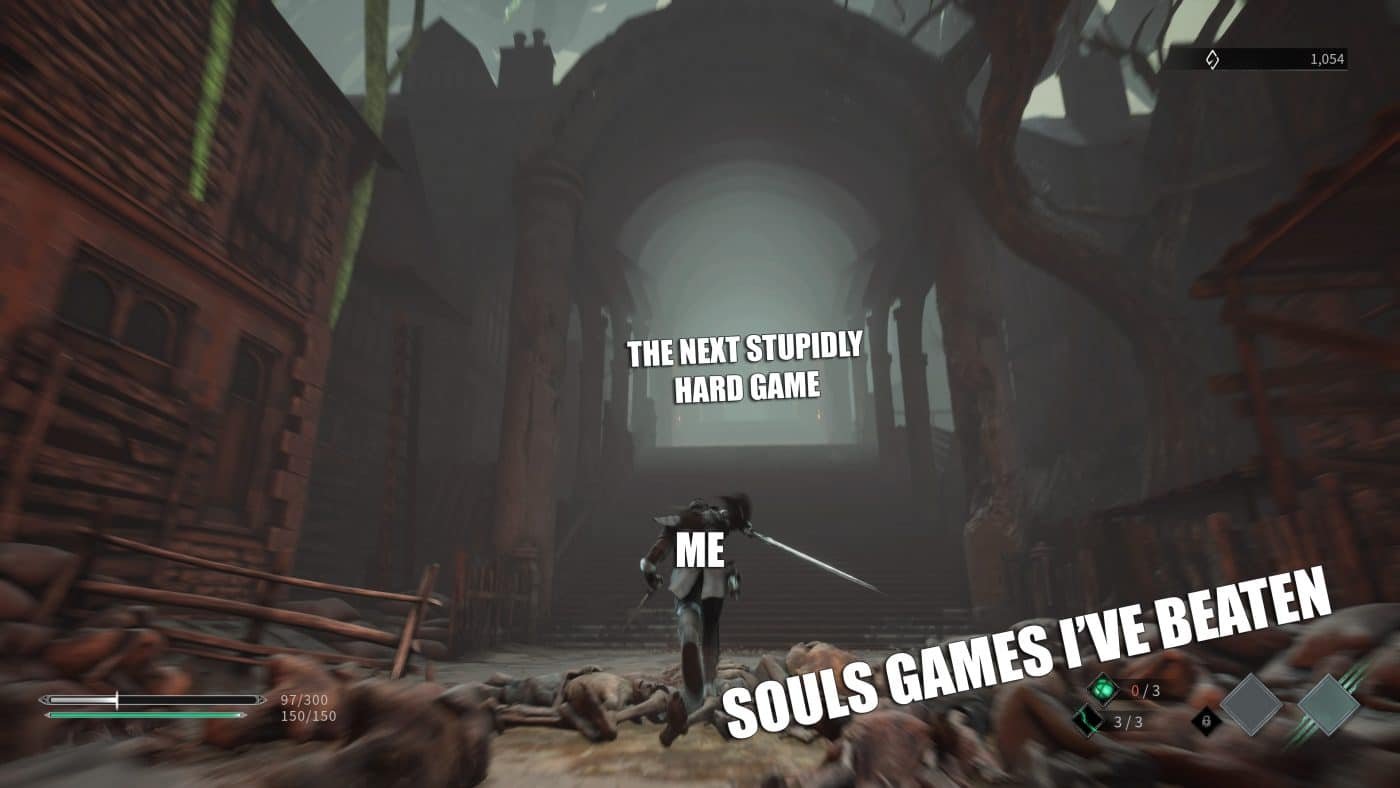
- Titles: Pascal's Wager, Steelrising, Thymesia
Geek to Geek Media was provided with review copies of these titles
When everyone else was frothing over Elden Ring this year, I started playing Dark Souls Remastered. I'd bounced off the game a few times before, but this time it clicked and I totally fell in love with it. Since then I have played through Bloodborne and Dark Souls II, spent hours exploring The Lands Between, and dipped into a bunch of Souls-like games. I feel like I've got a good grasp of the sort of gameplay that makes these games work at this point.
The standard marker for Souls games is the difficulty. Everything that FromSoft makes is brutally hard, and the first assumption most folks make when they hear a game compared to Souls is that it's going to be frustratingly difficult. There's a lot of talk about whether the games actually are hard and whether offering ways to make them easier would ruin the experience.
Despite what experienced Souls players may say, these games are brutal, but I don't think they have to be to still make a compelling experience. In fact, I've found some great Souls-inspired games that make very specific choices to make the game easier while still maintaining a solid experience!
Pascal's Wager
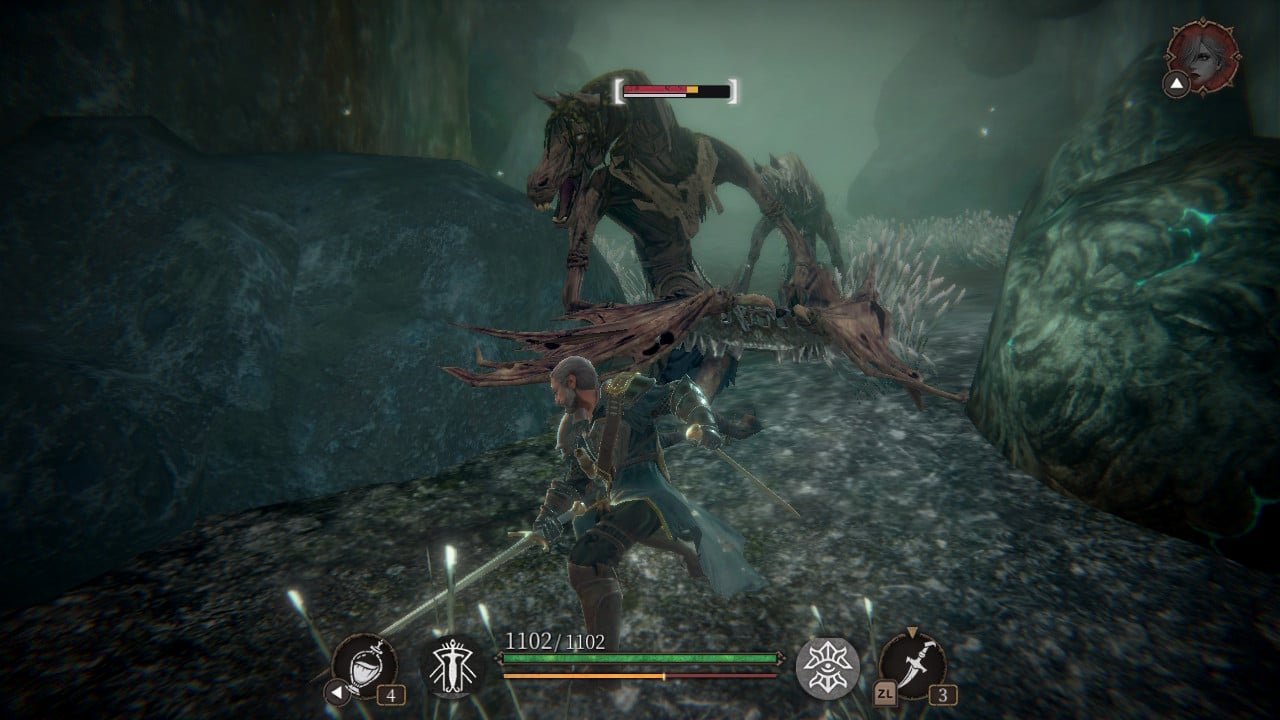
I was pretty positive about Pascal's Wager: Definitive Edition when I wrote up my review. In hindsight, I was probably about 60 to 70% of the way through the game at that point and felt like I'd seen enough to talk about what worked and where it struggled. It offered a feel similar to Dark Souls, but with smaller and more contained levels and a few things that made it a lot easier.
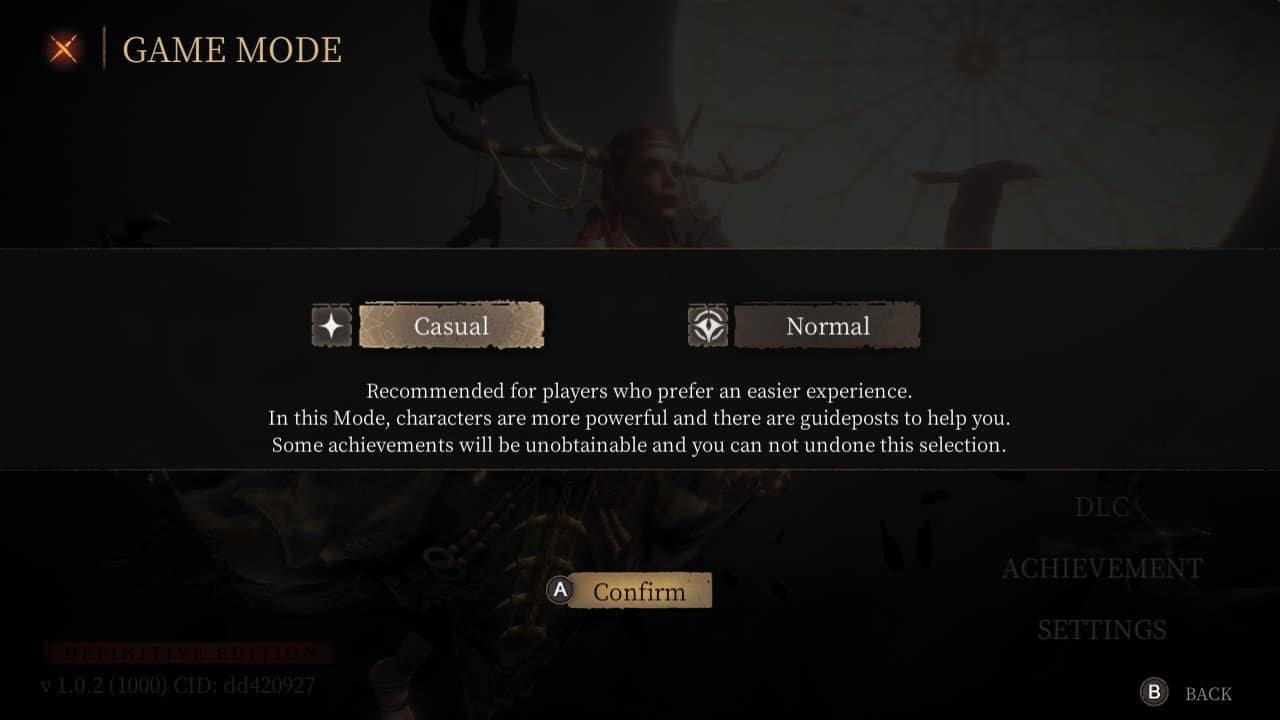
First of all, the game has a difficulty option, right off the bat! On top of that, there is a level-up system, a skill tree, consumable items, and stat-modifying relics. That's a lot of different ways to grind up and make the game easier. Secondly, bosses only move into their second form if your sanity meter maxes out during a fight. That means you can strategize to keep that from happening to make fights easier. Finally, the dual character system means that you basically have two lives with two different fighting styles in each encounter.
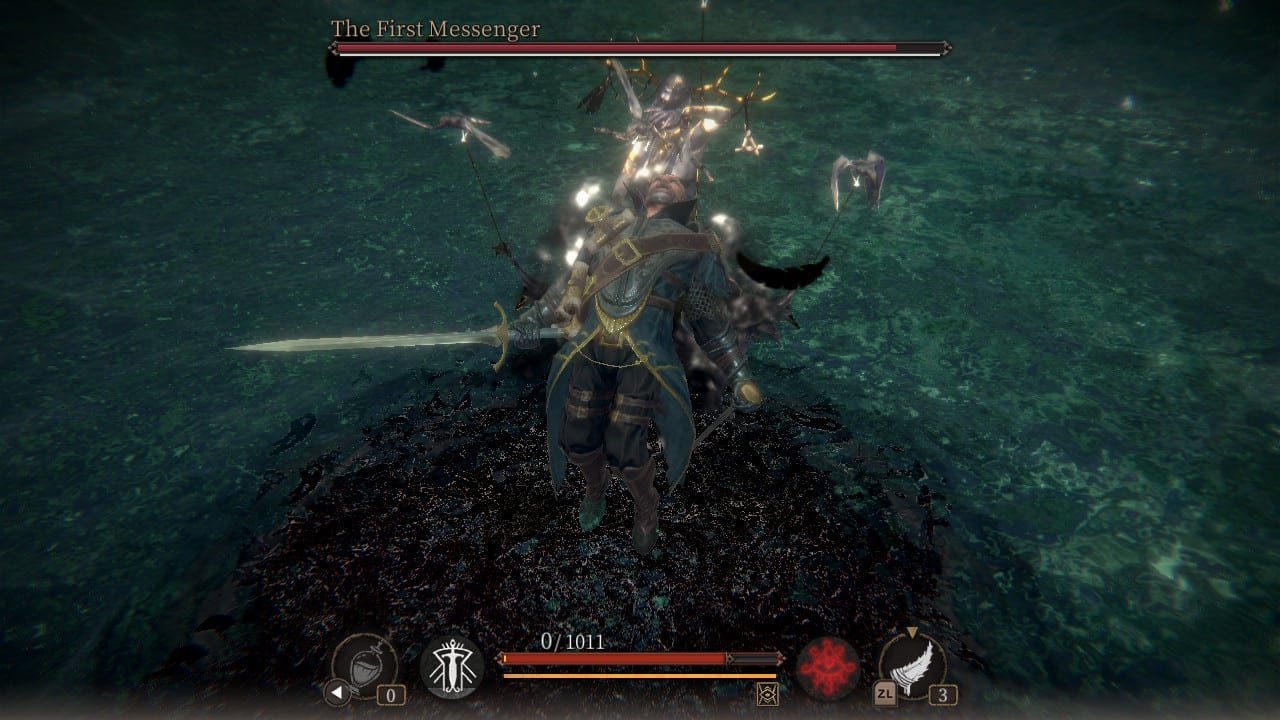
That's a whole lot of tweaks to the standard Souls format that doesn't outright make the game easier but allows the player to manage the difficulty. Unfortunately, that all goes out the window at the end of the game. I've been stuck on the final fight because – spoiler, spoiler, spoiler – the final checkpoint before the fight locks you in a space, preventing you from going back and grinding, completely ignores the sanity meter, and only gives you access to the main character. No leveling up, no getting new items or abilities, maximum difficulty on the boss, and the loss of your extra life and combat technique.
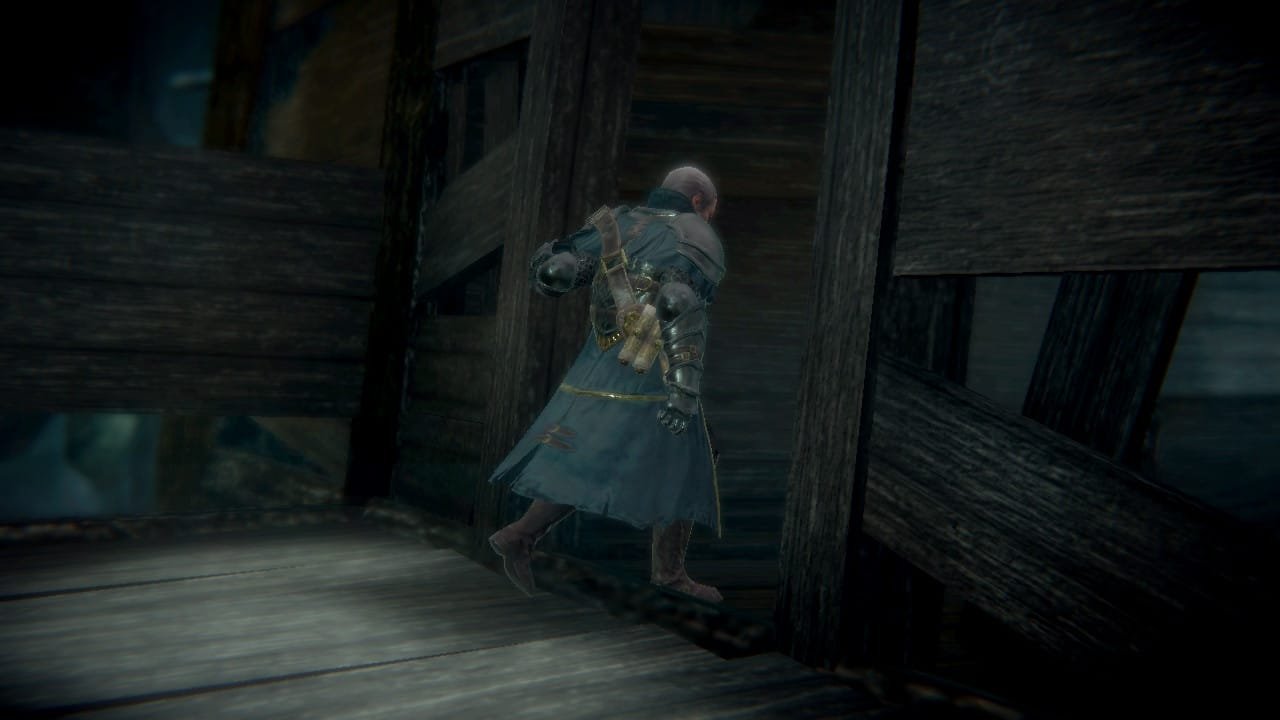
I loved what this game did to difficulty up to the end, and now I've really soured on it.
Steelrising

Nothing about a Soulslike game where you play as a sentient clockwork robot fighting your way through Paris during the French Revolution on the order of Marie Anottoinete makes much sense, but Steelrising is really, really fun. The game looks and feels great to play, with combat that's not quite as aggressive as Bloodborne but much, much faster-paced than Pascal's Wager. Your character looks like a ballet dancer as she slices, dices, and blasts her way through the robots that have overtaken the country, especially when you equip her with bladed fans.
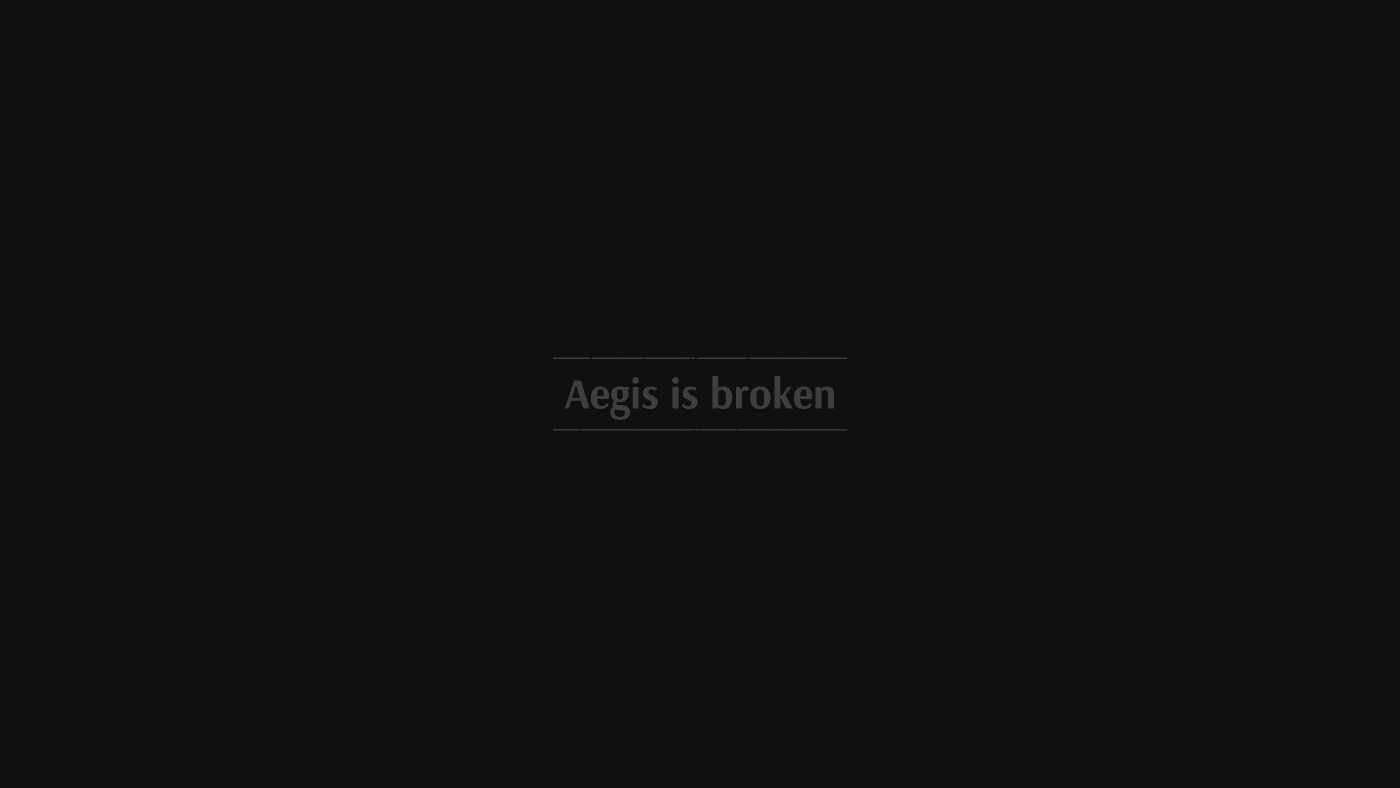
The basic construction works a lot like a Souls game. You fight enemies, gather resources, upgrade your stats, and rest at checkpoints to respawn enemies and regain healing items. Sneaking up an enemy allows you to pull off a stealth attack, and you can carry two equipped weapons at a time. Yup, it's a Souls game, alright!
The interesting variation in how Steelrising looks at difficulty is in the inclusion of accessibility options in the menu. The game warns you that using these options will bar players from unlocking specific achievements, but otherwise, they can be turned off or on again at any time. You can set it so you don't drop your souls when you die, give yourself a boost of defense or stamina, or even make yourself completely invincible. You can leave these options on all the time, or just flick them on when you get to an overwhelming boss fight and then turn them off again!
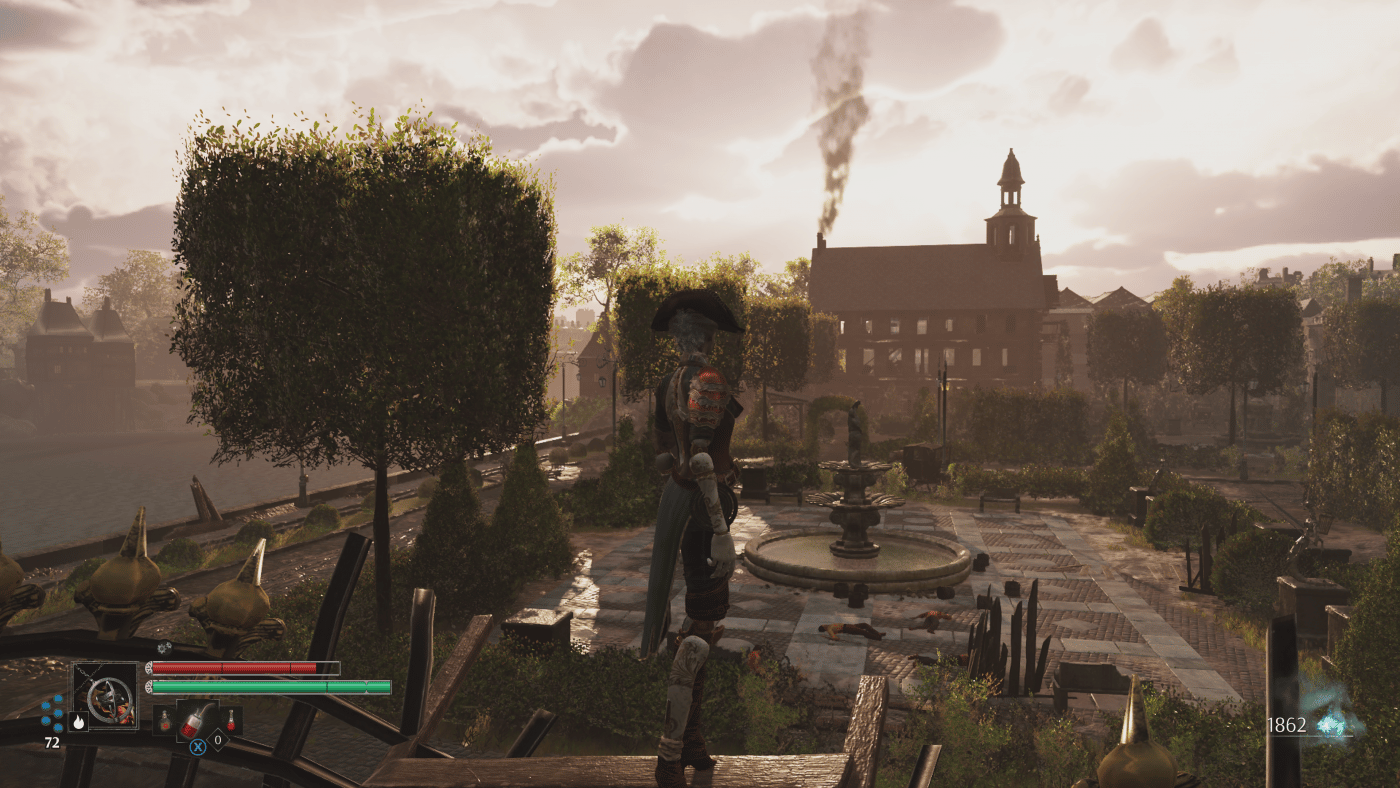
What's great is that tweaking these settings doesn't make the game a walk in the park. I actually set it so that I was just one tick below completely invulnerable, and I still found myself having to take time with encounters not to waste health. I was able to progress through the game much faster with these settings on, I just felt way, way less punished when I missed a counterattack.
Thymesia
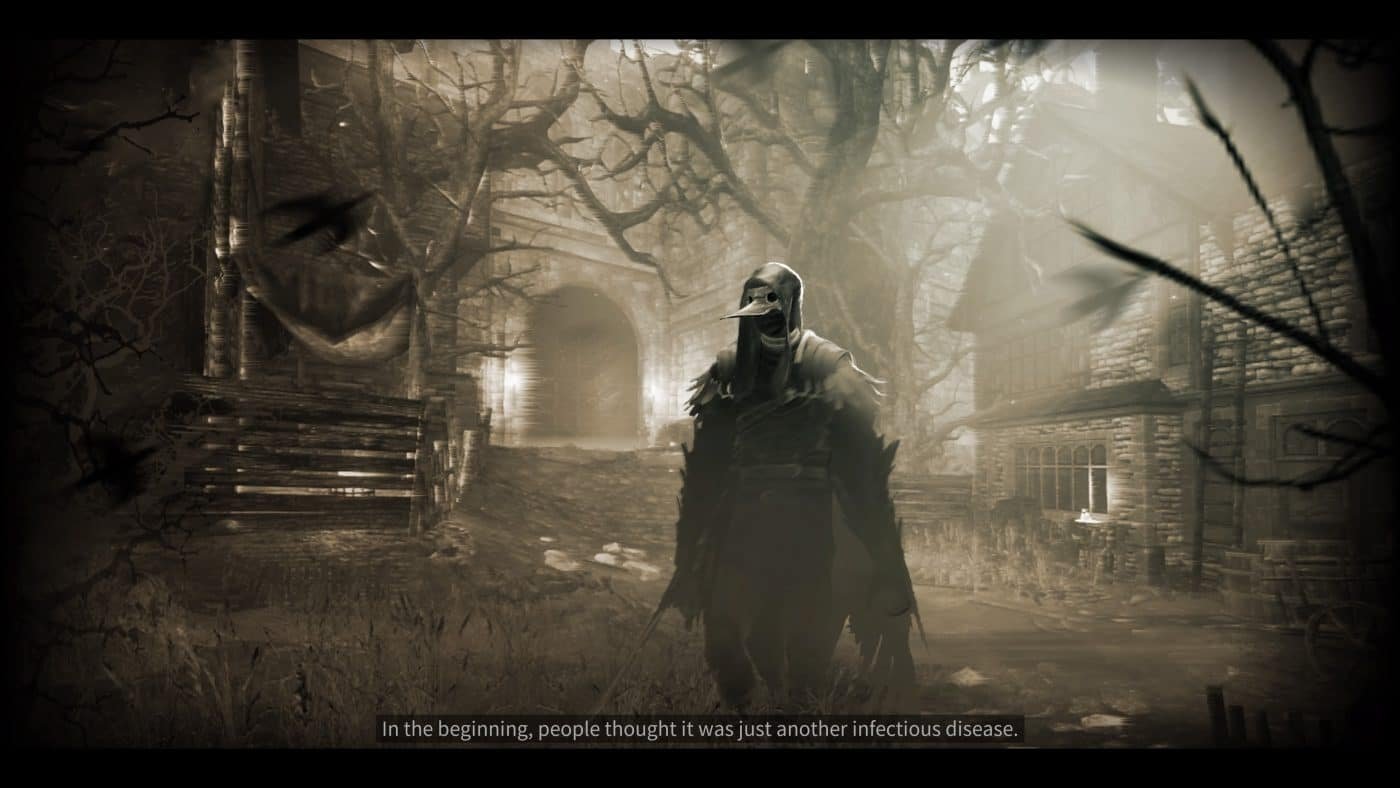
Thymesia is a hard game. Or maybe I'm just bad at it. Either way, even though I was really looking forward to this game, every time I play it I end up super discouraged and put it down pretty quickly. I would spend a lot more time with this game if it had the accessibility options of Steelrising.
Thymesia looks and feels like a AA Bloodborne knockoff. When it's running smooth, it's a fast-paced, very aggressive third-person action game with a plague doctor protagonist and an art style inspired heavily by Victorian London. It shows its budget in weird ways, however.

The opening story is just presented through a series of pretty thin slides, without the sweeping epic cutscene that kicks off most souls games. There's also bizarrely no animation for elevators, even though they seem to be a key part of the level design. When you hit the button to interact with an elevator the screen just fades to black, then just fades back in with you standing in front of the door on the other side. That feels cheap but is also weirdly disorienting.
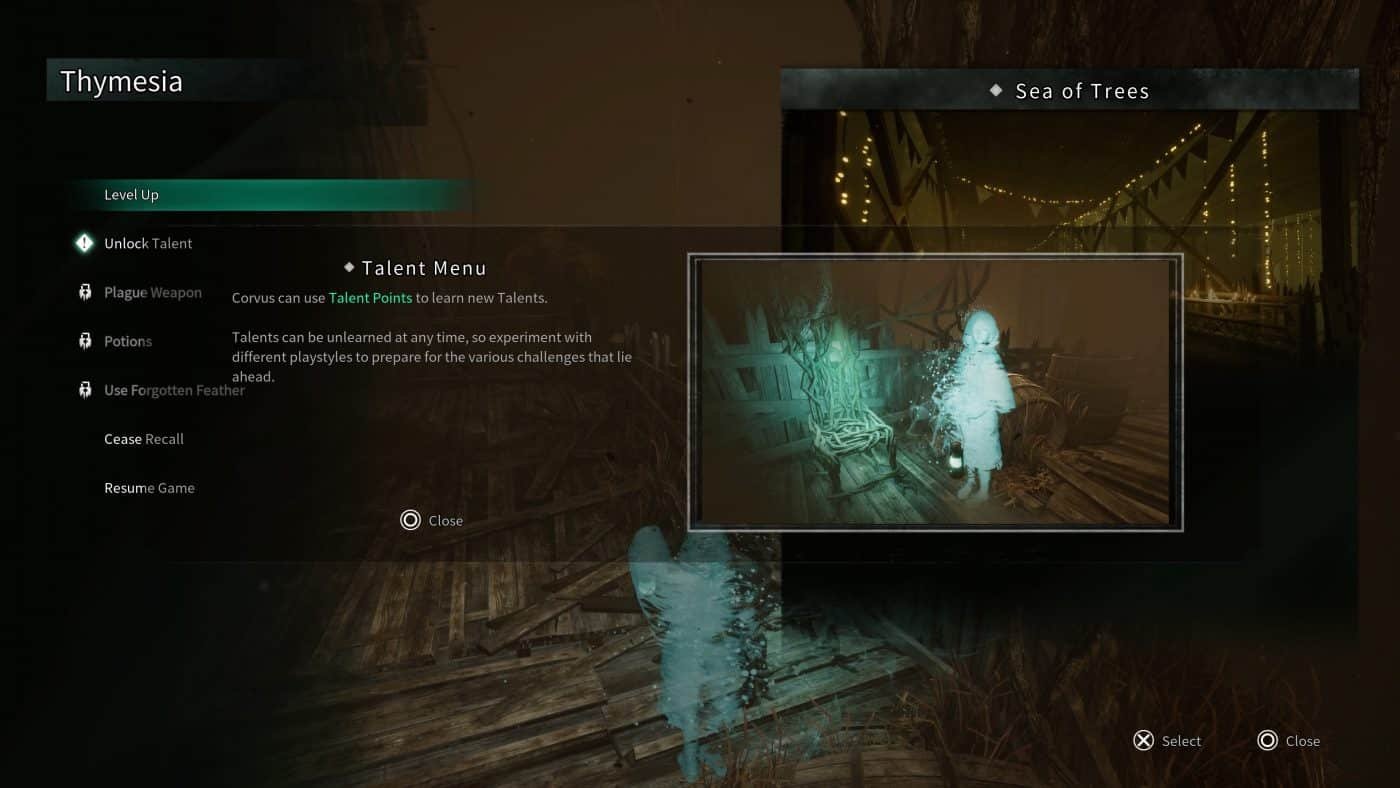
The one concession that Thymesia makes towards difficulty that I wish every Souls-inspired game would do is in its skill trees. There are only a few stats to level up, so the majority of your character build comes instead from unlocking new abilities and perks on skill trees. The great twist is that anytime you are at this game's equivalent of a bonfire you can completely reset and respec your skill tree. I know that most Souls games have a respec option eventually, but being able to just totally change your skills at any time really encourages experimentation and allows the player to figure out what works for them, instead of locking them into a build before they even start playing.
Final Thoughts
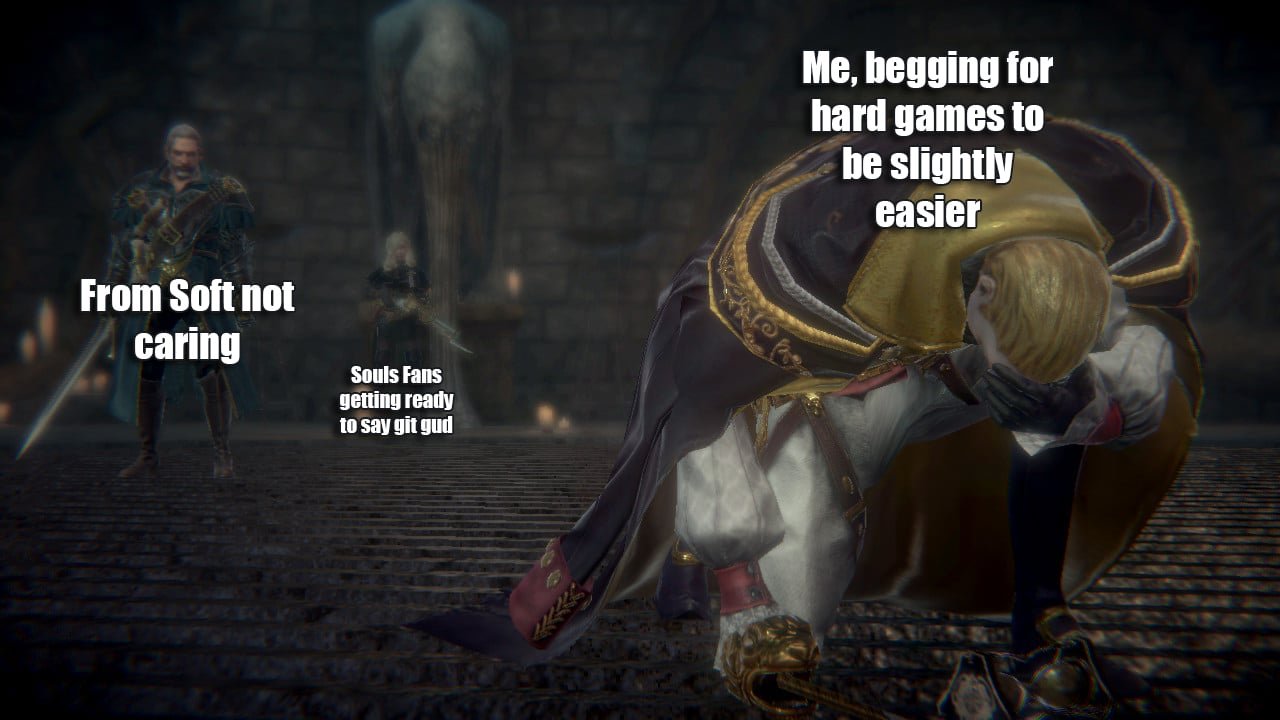
There are a ton of Soulsbourne games out in the world. While most of them aren't as fine-tuned as the games that are actually coming out from From Soft, there are a lot of them doing cool and interesting things. I really hope that the developers of those pillar games are seeing how smaller studios are implementing tweaks to make the games a bit more accessible without actually ruining the experience because there is a lot they could learn.
I know that not every game needs to be for everybody, but wouldn't it be nice if every game could be?

